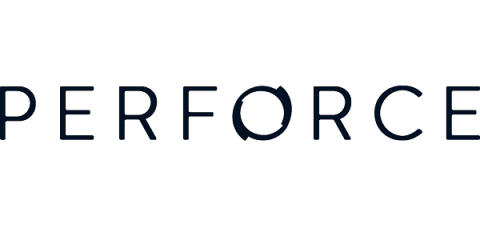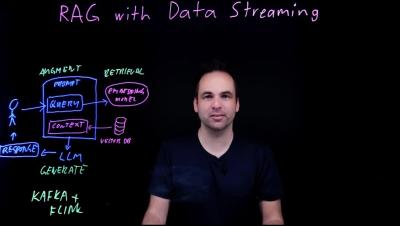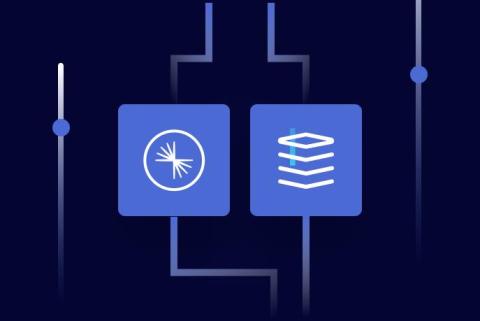What's New in ThoughtSpot - 9.12 Cloud Release
ThoughtSpot Analytics Cloud 9.12 is now available! Drill, filter, customize charts, and verify formulas and SQL queries for AI answers without leaving the ThoughtSpot Sage experience Iteratively drill and auto-examine each attribute with SpotIQ Change Analysis for deeper insights Track your content's version history effortlessly using Git right within the ThoughtSpot UI.











